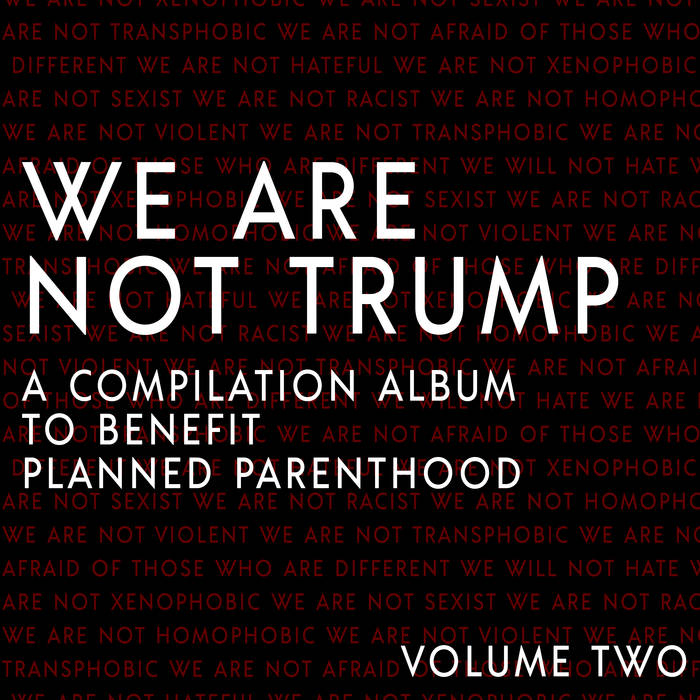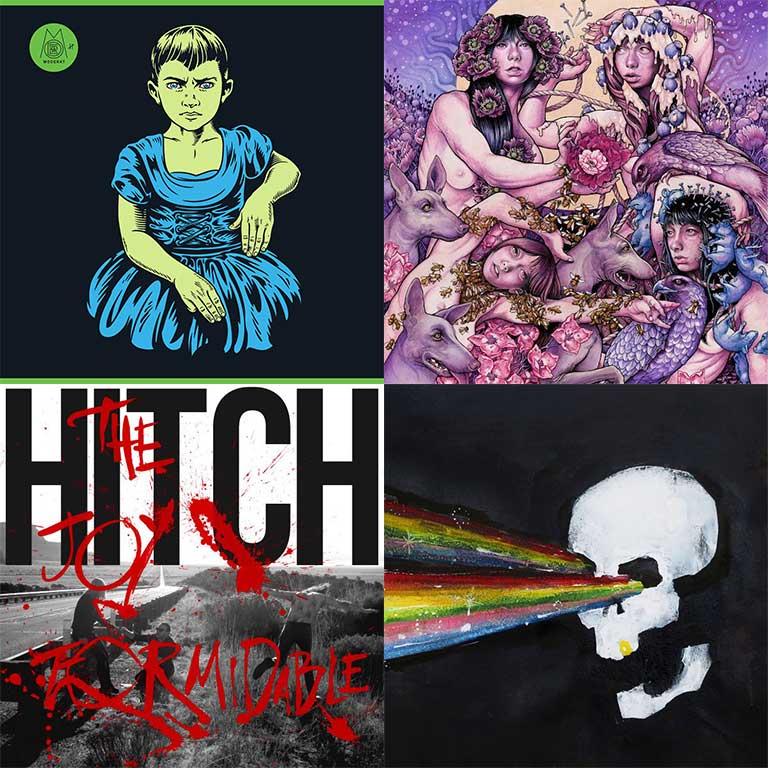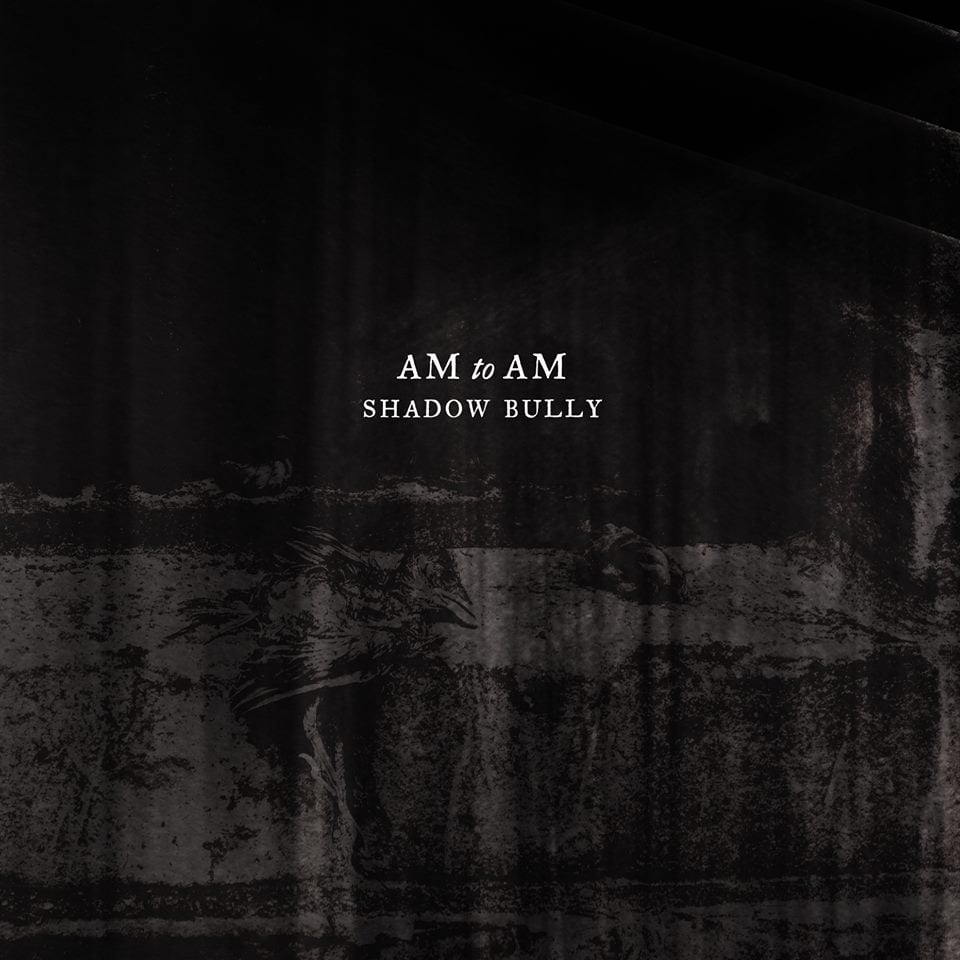The inevitable rise in the popularity of music streaming services has transformed the way that we interact with music (arguably both for the better and for the worse). On one hand, I have the world's greatest record collection at my disposal, but on the other hand, I often find myself paralyzed by the amount of music and gravitating towards that which I am already familiar with. Similarly, I get exposed to more new music than ever, while simultaneously spending less time sitting with and digesting that music. Additionally, there has been a fundamental shift in our perceived monetary value of music, which raises all kinds of issues for both burgeoning startups services and struggling artists.
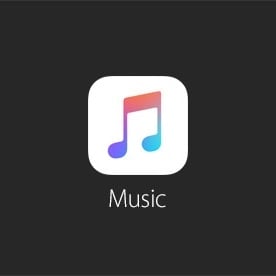 Today Apple's answer to streaming music launched into this volatile, yet growing industry. Apple Music aims to connect tastemakers, artists, and fans in new ways to create an all in one destination for music. While I was pretty skeptical of another service promising to "save" music, Trent Reznor and co. have managed to deliver on a unique, personal musical experience. Here are some of my initial impressions with regards to Apple Music:
Today Apple's answer to streaming music launched into this volatile, yet growing industry. Apple Music aims to connect tastemakers, artists, and fans in new ways to create an all in one destination for music. While I was pretty skeptical of another service promising to "save" music, Trent Reznor and co. have managed to deliver on a unique, personal musical experience. Here are some of my initial impressions with regards to Apple Music:
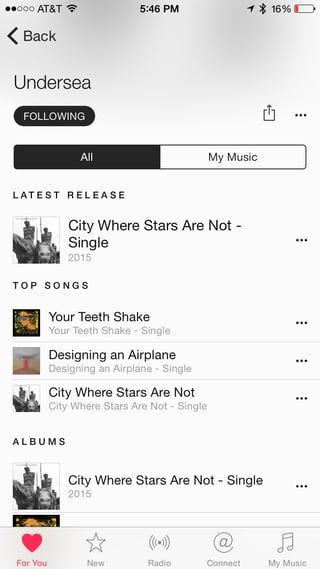 My Music
My Music
One of the features that really stood out to me right away was the integration with your existing iTunes library. If you have meticulously maintained a library of offline tunes over the years, they are seamlessly integrated. Apple Music clearly distinguishes songs from your library with songs from their expansive catalogue. You can also access music that you own offline that is not be available digitally.
In addition, rather than paying to download individual tracks, you have the ability to add any song or album to your music library. Making your music available for offline play has been a feature of services like Spotify for a while, but if you wanted to combine with your offline library, you would need to manage it in two places.
Streaming Catalogue
One of my initial concerns with "another" streaming service, was that there would essentially be no differentiation from other services in terms of what content would be available. For example, Spotify and Rdio have essentially identical catalogues, so you end up picking your service based upon the features and the user experience, rather than the selection. Apple's initial PR difficulties with regards to paying artists, during the free trial period, seemed to point towards this lack of differentiation as well.
I was pleasantly surprised with Apple's ability to stream many artists who had previously opted out of similar services (Atoms for Peace, Metallica, Dr. Dre, AC/DC, etc). While no service has been able to get the streaming rights to Tool, I imagine that as the paying user base grows across services, catalogue availability will be more or less the same across services.
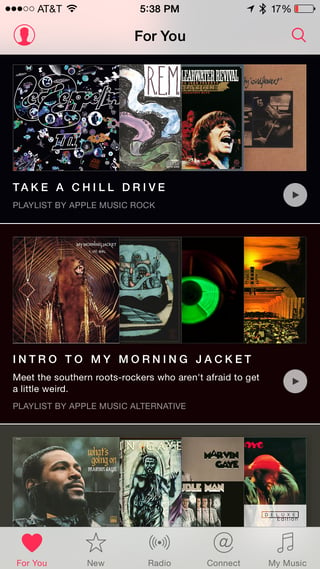 Beats One
Beats One
I don't really remember radio before many of the syndication regulations eroded in the mid-Nineties, allowing large companies to buy up independent stations across the country. Radio was always a last resort for me, due to the commercials and repetitive playlists.
So the concept of a 24/7 live global radio station with human tastemakers proves intriguing, while possibly overly ambitious. But Beats One manages to spin music from across genres and from around the world. The music is tied together by the DJ's authentic enthusiasm for sharing "their" music. Assuming that the variety/breadth lasts and Apple continues developing interesting programming, such as St. Vincent's Mixtape Delivery Service, Beats One has a promising future.
For You
While the various services have tried to solve/replace the process of musical discovery with algorithms and social features, none of these features have been able to truly replace the experience of organic discovery. I don't know if any algorithm will ever be able to replicate the experience of genuine discover, but Apple Music does a decent job showing a mix of programatic and human-curated recommendations.
The For You section of the app proves very similar to the Beats streaming music app, launched last year. When you first start the app, you are prompted to add various artists and genres to help get started. This feature does a pretty good job of recommending curated playlists, introducing artists catalogues with "Intro" and "Deep Cuts" playlists. So far exploring this feature, I ended up listening to the "Take a Chill Drive" playlist, as well as LP5 by Autechre.
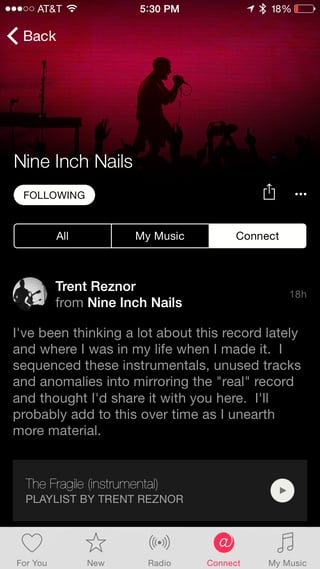 Connect
Connect
Connect, the social media section for artists, was probably the feature that I was initially most skeptical of. Apple delivered on a sleek user experience to follow your favorite artists, but whether or not this feature succeeds will ultimately depend on the content from the artists. While some artists seem to be using this as another Facebook/Instagram/Twitter feed, there is a lot of potential here for delivering unique content. For instance, on the Nine Inch Nails Connect page, Trent Reznor posted instrumental versions of both The Fragile and With Teeth. If large and small artists adopt this platform, I am pretty hopeful for this feature.
Conclusion
Many companies over the years have claimed to be "game-changing" or "revolutionary" and have assorted a slew of celebrity endorsements (see Tidal or Pono), but Apple stands as one of the few that could actually change the way that we interact with music and has the added advantage of not relying on music for its core business. In terms of technical difficulties, I did encounter a few generic error messages that caused playback to stop, but nothing out of the ordinary for a day one launch, but despite some typical day one bugs and other small issues, Apple Music delivers a cohesive musical experience on day one.
800 million iTunes accounts looms large over Spotify's 40 million (10 mil paid), and by continuing to innovate around how we interact with music, I am pretty optimistic for the future of the service and for artists. If you have an Apple device, I think the free trial is definitely worth checking out.
 My Music
My Music Beats One
Beats One Connect
Connect
